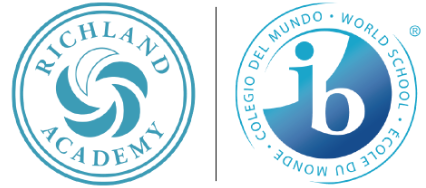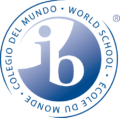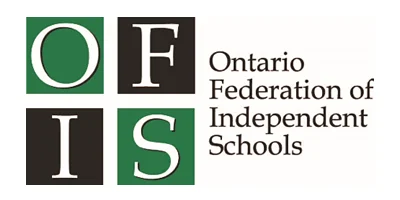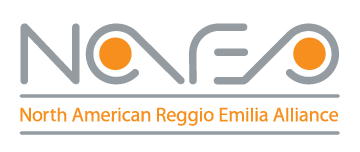 In Kindergarten, science is hands-on, child driven and authentic. Curiosity fuels science investigations. It is a natural way for children to make sense of their world. “Children acquire scientific knowledge by ‘construction’ not by instruction.” (Kamii & Lee-Katz, 1983).
In Kindergarten, science is hands-on, child driven and authentic. Curiosity fuels science investigations. It is a natural way for children to make sense of their world. “Children acquire scientific knowledge by ‘construction’ not by instruction.” (Kamii & Lee-Katz, 1983).  The science process involves predicting, experimenting, and interpreting. In our Senior kindergarten classroom, an area was set up where the children explore and experiment with materials and substances that they found in their surroundings. This was as a result of several children expressing an interest in doing scientific experiments. “How long will it take to melt?” was a common question, as the colder weather and snow, arrived. “I want to be a scientist” one child declared.
The science process involves predicting, experimenting, and interpreting. In our Senior kindergarten classroom, an area was set up where the children explore and experiment with materials and substances that they found in their surroundings. This was as a result of several children expressing an interest in doing scientific experiments. “How long will it take to melt?” was a common question, as the colder weather and snow, arrived. “I want to be a scientist” one child declared.  “Scientific exploration promotes the development of problem solving skills, recognition of cause and effect, and organizing and classifying. These explorations lay the foundation for future understanding of more complex science concepts later. The ability to solve everyday problems through trial and error is essential for science and self-confidence.” (Tanya Eggers)
“Scientific exploration promotes the development of problem solving skills, recognition of cause and effect, and organizing and classifying. These explorations lay the foundation for future understanding of more complex science concepts later. The ability to solve everyday problems through trial and error is essential for science and self-confidence.” (Tanya Eggers)









